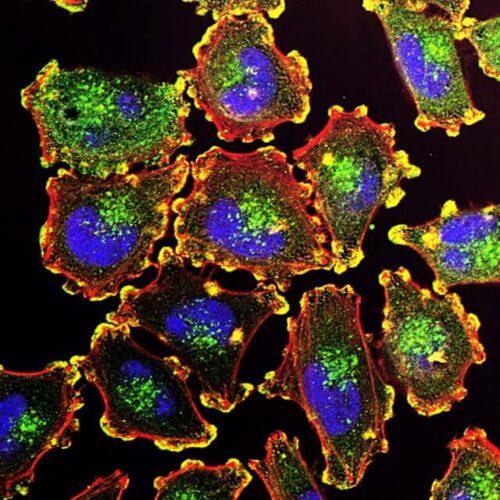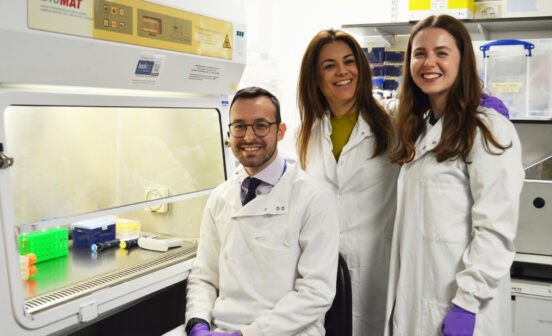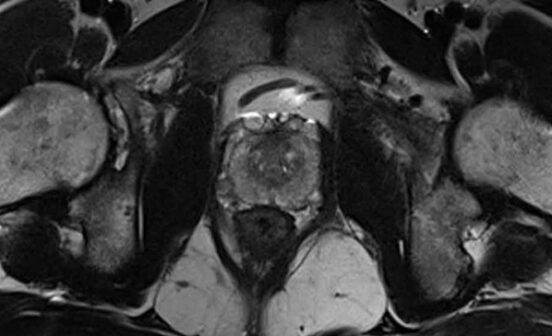InnovationTherapeutic Optimising commonly used cancer therapies

Chemotherapy affects cancer cells by putting them under stress; the result of which is either the cells no longer surviving or finding a way to recover from this stress.
New research published in the Proceedings of the National Academy of Sciences of the United States of America has looked at global cellular events of stress buildup and resolution in multiple myeloma, a cancer of the bone marrow, after a commonly used therapeutic approach called proteasome inhibition.
By looking at changes in the -omics profiles over time, Dr Holger Auner and colleagues from Imperial College London, Institute of Cancer Research, University of Edinburgh, Francis Crick Institute and Clinical Bioinformatics Research, created a picture of the stress on the cells over time. By doing so, they identified the weaknesses this stress produces and therefore the weaknesses and vulnerability of the cells to a different form of attack.
It is this recovery phase that leaves the cells vulnerable and the research team have an idea of why and where, paving a route to improved cancer therapies. Moreover, these principles may be applied to other cancer types to optimise treatment pathways.
This work was supported by infrastructure from the NIHR Imperial BRC.
Photo by National Cancer Institute on Unsplash





